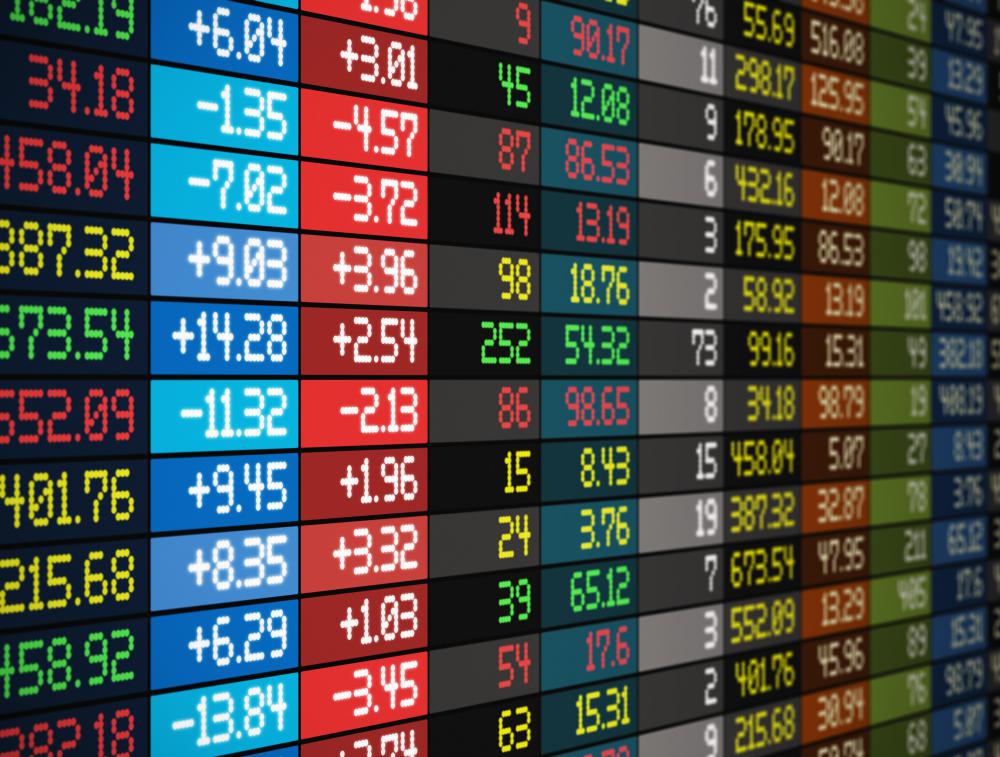At WiseGEEK, we're committed to delivering accurate, trustworthy information. Our expert-authored content is rigorously fact-checked and sourced from credible authorities. Discover how we uphold the highest standards in providing you with reliable knowledge.
What are Stock Warrants?
Stock warrants are derivative securities that are issued along with other stocks or bonds. They give the purchaser the right to buy shares of stock in the future at a specified price. Stock warrants, also called stock-purchase warrants, are often issued in conjunction with preferred stock or bonds in order to make the purchase more attractive to investors.
If a company issues bonds to finance a capital project, they can issue stock warrants in conjunction with the bonds. An investor who purchases a bond would also receive warrants for a given number of shares at a certain price. This allows the company to potentially pay a lower interest rate on the bonds than it otherwise would, since the investor also receives the option to purchase shares of common stock later. This can be attractive to an investor because the warrant may allow him to buy that stock at a price that may be less than the stock is trading at, at that point in time.

Stock warrants are issued and guaranteed by the issuing company. They have a long shelf life, with expiration dates up to 15 years in the future. Like shares of stock, warrants can be traded over the counter. American warrants can be exercised at any time prior to the expiration date. European warrants must be exercised on the expiration date
For example, XYZ Corp. is issuing bonds with stock warrants. Joe Investor purchases a $10,000 US Dollar (USD) bond that will pay him 10% interest, and receives 10-year warrants to purchase 100 shares of XYZ common stock at $10 USD per share. XYZ Corp. common stock is currently trading at $8 USD per share. Note that warrants are always issued for more than the current stock price.
Two years later, XYZ Corp. common stock is trading at $7 USD per share. Joe is still getting the 10% interest on his bond, and he still holds the warrants. He doesn't exercise the warrants now, because the price is still above the market price.
Three years after that, XYZ Corp. common stock is trading at $15 USD per share. Joe can exercise his warrants and buy 100 shares of XYZ at $10 USD per share. He can the turn around and sell the common stock for $15 USD per share, and realize a 50% profit. If, on the other hand, the market price of XYZ shares never goes above $10 USD, Joe does not have to exercise the warrants. After 10 years, the warrants will simply expire.
Stock warrants are different from call options, which are short term options to buy a security at a specified price. Call options are not issued by the corporation that issues the stock. They usually expire within a few months.
AS FEATURED ON:
AS FEATURED ON:











Discuss this Article
Post your comments